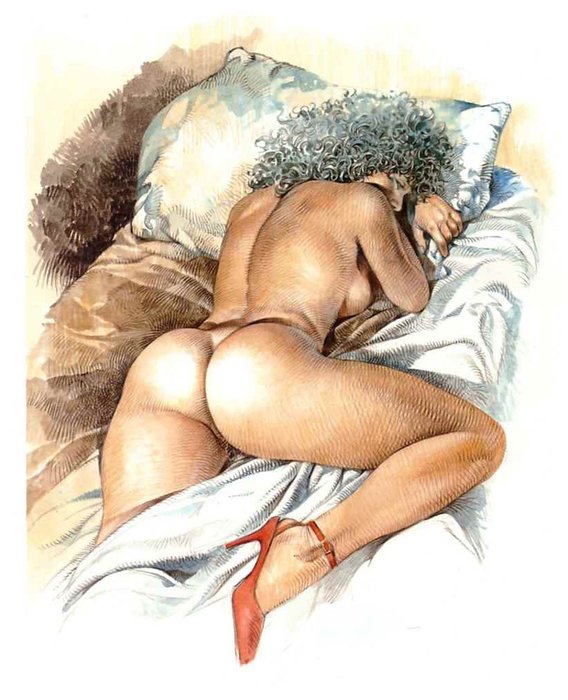
Typically, the literature indicates three types of love, such as Eros (erotic, sexual, since Romantic age, “romantic”) Philia (Friendship and family relations) and Agape (Caritas, asexual, unselfish and altruistic), but the most exciting type is Eros. It has been hypercognized, meaning it has been excessively talked about, whether one is in love, looking for love, hurt in love, lost love, or just gossiping about scandals. Oddly, love isn’t a popular topic in the philosophy corpus, after Plato, notwithstanding some half-hearted attempts and concessions. Continue reading Erotic Love




